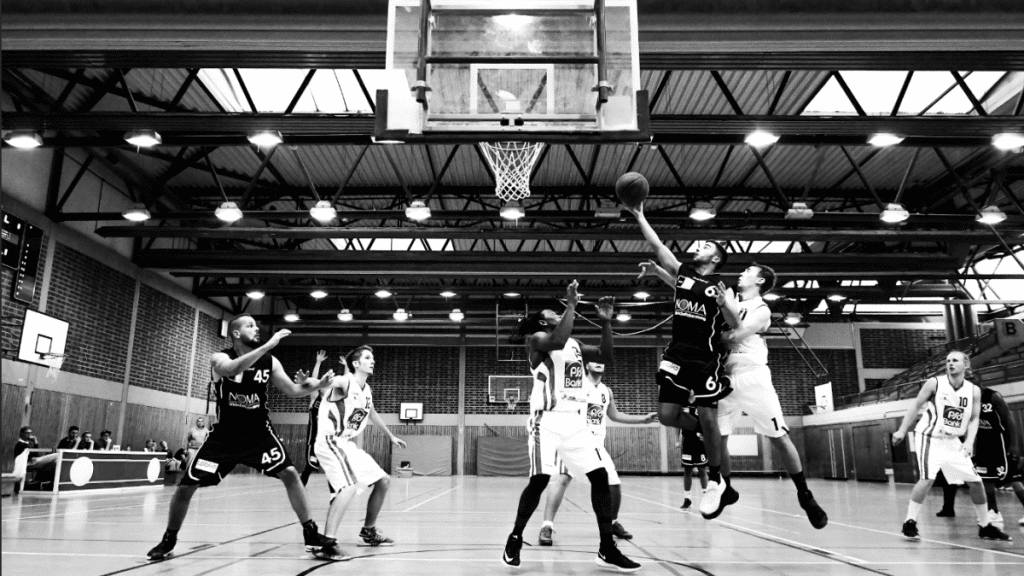Most of the time when you lose a wager you go on a ride at the emotional rollercoaster. First, it’s anger because, before the game, it was a sure bet. Then, you try to cope with the reality of losing and analyze a bit, and that’s where you can start getting excited. The team you bet on was close to winning if not for that penalty at the last minute, so next time, they would win, right? This psychological trap is well-known as the “near-miss effect” and makes you act impulsively under the influence of emotions. Everyone who placed a bet has been there. Let’s explore how this effect works in detail while you can get excited by aviator game download, a new type of fun gambling enjoyment where you can place a wager on a flying plane, and if you succeed in withdrawing in time, multiply your bet.
The brain’s chemical cocktail party
When you experience a near miss, your brain throws a little party. It fills up with dopamine, the body’s own feel-good cocktail, as if you’ve actually won. It’s like getting a consolation prize from your own brain that tells you that we didn’t win, but hey, here’s some dopamine to numb the pain!
The near-miss effect: The mysterious magic of motivation
The near-miss effect is like a motivation guru living in your brain. It whispers sweetly that you were so close, and just one more time will lead to the victory for sure! It’s like having an annoying friend who encourages you to keep playing even when the odds are against you.
Cognitive antics: When logic takes a nap
Our brain is amazing at many things, but when it comes to near misses, logic often takes a well-deserved break. Suddenly we start believing things like:
1. “I was so close, I must be ‘owed’ a win now!”: Spoiler alert: the universe doesn’t owe you anything
2. “I can almost control the outcome!”: Unless you’re a superhero with the ability to influence football matches with your mind
3. “This loss proves that I’m about to win!”: As logical as believing that if you keep eating cake, you will eventually lose weight
Emotional rollercoaster: From heaven to hell and back again
Experiencing a near miss is like being on an emotional rollercoaster designed by a sadistic theme park architect. You start with high expectations, dive into the abyss of disappointment, only to be shot back up by the catapult of hope. It’s like watching all seasons of Game of Thrones at once, only without dragons and with more numbers involved.
Shaping playing patterns: When “just one more time” becomes a mantra
Near misses can mould your gambling habits very fast. Suddenly you find yourself:
1. Gambling more often than you call your family members
2. Betting more money than you can afford
3. Take more risks than a stuntman in Cirque du Soleil
Decision-making processes on the slackline
Under the influence of a near miss, your decision-making processes become as reliable as a scale in December. You start to:
1. Overestimate your chances of winning like an over-optimistic lottery player
2. Underestimate risks like a teenager with a brand new driving licence
3. Ignore warning signs like a tourist heading towards a dangerous volcano
Near misses vs. actual wins: The illogical duel
In a twist that would make even seasoned Black Mirror fans raise an eyebrow, near misses can actually be more motivating than actual victories. It’s like preferring the smell of food to eating it. Your brain gets more excited by the promise of a possible win than the win itself. It’s like preferring the gift before you’ve unwrapped it.
Individual differences: We are all unique snowflakes of irrational behaviour
Not everyone reacts the same way to near misses. Some are more affected than others, just like some people are more affected by coffee or compliments. Your personality, experience and general risk-taking behaviour come into play. Are you the type of person who sees the glass as half full, half empty, or just wonders where the rest of the water went?
Implications for responsible gambling: When reason comes knocking
Understanding the near-miss effect is like having a user manual for your own brain. It can help you to:
1. Recognise when you’re about to fall into a trap – like seeing a black hole and deciding not to jump in
2. Understand why you suddenly feel like betting your entire savings on the next game
3. Take steps to avoid ending up like the protagonist in a tragic gambling documentary
One last thought: Keep your cool
After the next near miss, try to breathe, stop for a while and think: is it really the whole world trying to give you a hint about your next move, or just another smart trick of your brain who wants another shot at betting? The answer would be obvious, so consider if the money that otherwise could go to the impulsive wager might be spent on something more useful or pleasant. Do not fall into the trap of your brain, play for fun and remember to stay responsible while gambling.
